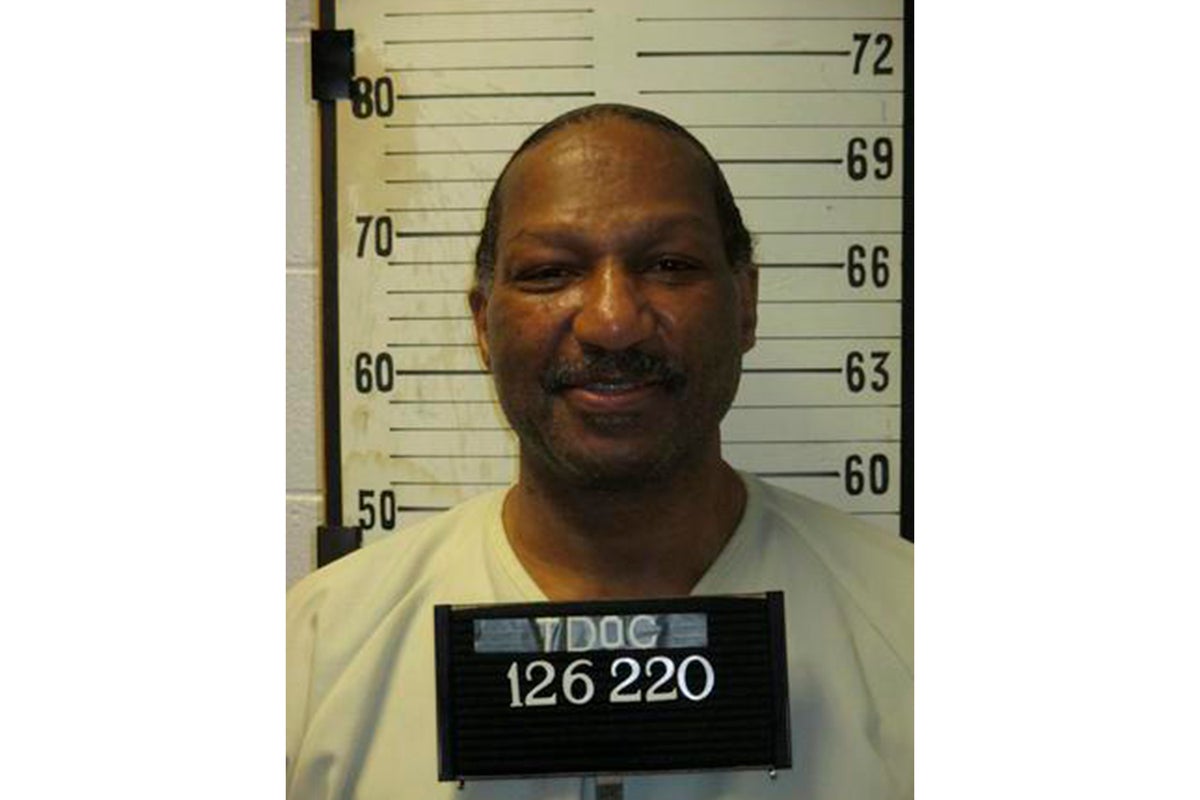
A Tennessee death row inmate can be executed without deactivating his implanted defibrillator, the state's high court ruled on Thursday.
The ruling overturns a lower court's order and paves the way for Byron Black to be executed on Tuesday morning, as scheduled.
The Tennessee Supreme Court found that requiring that the device be deactivated would effectively interfere with the execution, which the lower court does not have the power to do.
At issue was how Black’s heart-regulating device will perform when the state attempts to execute him with a lethal injection of the barbiturate pentobarbital. Davidson County Chancery Court Judge Russell Perkins previously found that the implanted cardioverter-defibrillator is likely to continuously shock Black’s heart, causing unnecessary pain and prolonging the execution. He ordered the state to deactivate the device shortly before the execution.
The order kept in mind the possibility that Black could win a last-minute reprieve. Deactivating it too far in advance might mean Black could die just before a ruling that would have saved him.
Lawyers for the Tennessee Attorney General’s office at first said they would need to transport Black to Nashville General Hospital for the deactivation because the doctors there were not willing to come to the execution chamber. On Wednesday, the state changed course, admitting that the hospital was unwilling to take part in the procedure, regardless of location. Most medical professionals consider any participation in executions to be a violation of medical ethics.







